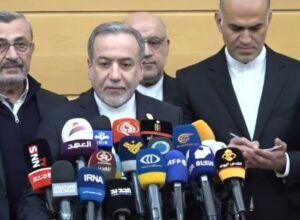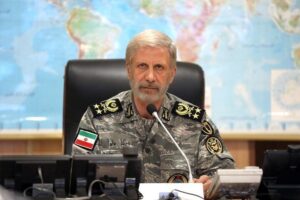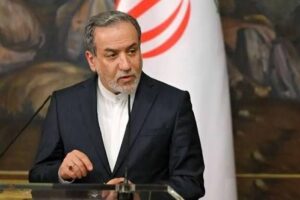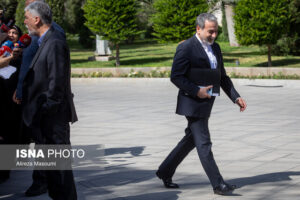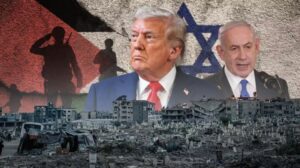“The attack by the US and the Zionist regime on Iran was a betrayal of diplomacy. This attack was costly for the international community, because no negotiations can be trusted anymore, as this attack was carried out while negotiations between Iran and Washington were going on,” Esmaeil Baghaei said in an international conference dubbed “International Law Under Assault: Aggression and Defense” in Tehran on Sunday.
Baghaei made the remarks in response to the question of whether an agreement was possible during the Iran-US nuclear negotiations. “The short answer to this question is that yes, we were negotiating [mediated by Oman], but just 2 days before the sixth round of negotiations, the illegal attack on Iran came,” he said.
“There is evidence that the US was not serious in those talks, but we should have continued the talks and maintained our professional approach. The Israeli and the US action was not simply an act of using force, but it was also a betrayal of international principles,” the spokesman added.
Tehran and Washington had held five rounds of indirect talks on Iran’s nuclear program before Israel unleashed a war on the Islamic Republic, which included strikes on Iranian nuclear sites.
Mediated by Oman, the 6th round of talks was planned to be held in Muscat, but was called off due to the Israeli raids.
The aggression killed more than a thousand people, including a number of the Islamic Republic’s top military officials and commanders.
Instead of condemning the terror act, the US attacked three Iranian nuclear facilities—an action which was described by Tehran as betrayal to diplomacy.
Iran has called on the United States and Europe to show sincerity if they wish to rebuild trust with Tehran, stressing that they must respect the Islamic Republic’s rights and stop raising excessive demands.
Iran says no ‘meaningful talks’ with Washington at present
Iran has confirmed the exchange of messages with Washington through third countries, while noting that this has not helped establish “meaningful negotiations.”
“It must be said that this is nothing new; in situations like this, there are always some countries — both within the region and outside it — that try to put forward ideas and offer assistance to prevent tensions from escalating,” Foreign Ministry spokesperson Esmaeil Baqaei told IRNA on the sidelines of a conference in Tehran on Sunday. “But as for whether these exchanges are leading toward any meaningful negotiations, we are not at that stage at the moment,” he added.
Asked to comment on a recent move by three European powers – Britain, France, and Germany – to draft an anti-Iran resolution at the IAEA Board of Governors, Baqaei said that “what they intend to do at the Board of Governors is nominally a technical resolution, but we know that this resolution is not purely technical and operates beyond that. In fact, they are trying to do the same thing here that they did at the UN Security Council …and they are pursuing a similar approach in this case as well.”
He argued that this measure indicates that the Europeans are not serious in their claims that they are open to dialogue.
Noting that their previous measure at the UN Security Council met opposition from Russia and China, the Foreign Ministry spokesperson said Iran believes that the two permanent members of the council will oppose their new move at the IAEA Board of Governors.
“We have never been afraid of dialogue,” he said, adding that “we have said before, and we repeat it again, that any negotiation has its requirements. For talks and diplomacy to materialize, the parties to a negotiation process must not pursue maximalist demands or attempt to dictate terms.”
“When this condition is met, I believe Iran – as it has shown in the past – will not hesitate to use diplomacy to safeguard its national interests,” he added.

